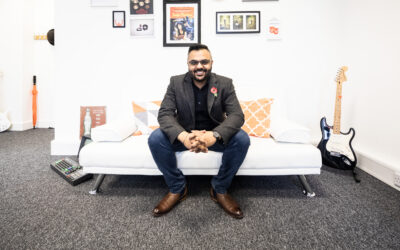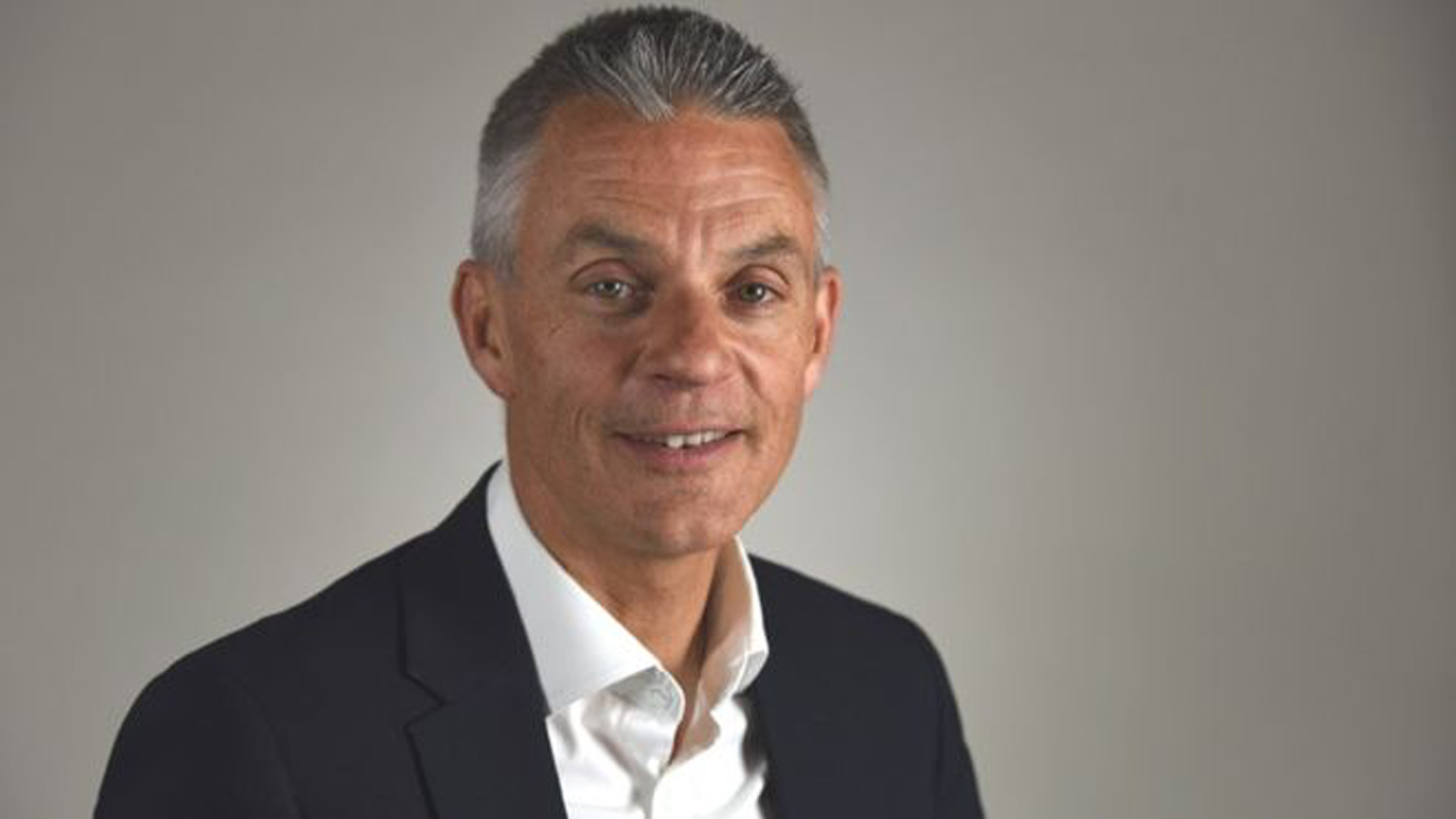Louise Watson-Dowell, Digital Account Director at Definition, argues that social media policies for employees should never aim to serve the purposes of the brand alone, but rather acknowledge employees’ individuality and celebrate this as an asset.
In the wake of the BBC’s much-publicised rules around impartiality and social media, Louise says that it’s next to impossible in this day and age to be an active social media user and remain impartial, avoiding offending anyone at all, at any time – and nor should it be.
Last year (bear with me – I know we’d all like to consign 2020 to the history books but this piece is in no way, shape or form about the C-word) the BBC announced changes to its social media policy. On the brink of the UK’s second national lockdown, at the end of October, the media conglomerate told its employees they must not “express a personal opinion on matters of public policy, politics, or controversial subjects”.
The full policy, titled Guidance note – Individual Use of Social Media, goes further, advising staff and presenters that their personal “brand” is secondary to their responsibility to the corporation, that they should also avoid “virtue signalling”, and hold back from supporting campaigns “no matter how apparently worthy the cause or how much their message appears to be accepted or uncontroversial”.
Of course, the BBC was founded on the precedent that it would be a fair and impartial reporter. While there are obvious conflicts of interest if a BBC employee were to promote a brand on a show produced by the organisation or for financial gain on their personal social channels, how exactly is one supposed to go about life never being in some way party to anything deemed controversial online?
Analysing the “controversial”
In June 2020, Clara Amfo broke down in tears on air after George Floyd’s death, having missed the previous day’s show because the news affected her deeply. We all know that what followed Floyd’s death, spurred on and supported by many, was a movement of education and inspiration that is still continuing online today, and making waves in physical spaces.
The statue of Edward Colston in Bristol was torn down, relinquished to a museum rather than lording over The Centre. Netflix and iPlayer removed legacy programming like ‘The League of Gentlemen’ and ‘Little Britain’. I saw a Black Lives Matter placard in the window of a house on my lunchtime walk today.
The Black Lives Matter movement is political. In some spheres, perhaps controversial. It gained momentum online and across social media before its physical manifestation in the UK. Should Clara have refrained from speaking about it? Of course not. That would have confirmed her feelings – many peoples’ feelings – that “people want our culture, but they do not want us. You want my talent, but you don’t want me.”
With this example in mind, then – albeit an extreme one – is it possible to be an active social media user and remain impartial, avoiding offending anyone at all, at all times? I don’t think so. And perhaps you shouldn’t try to.












